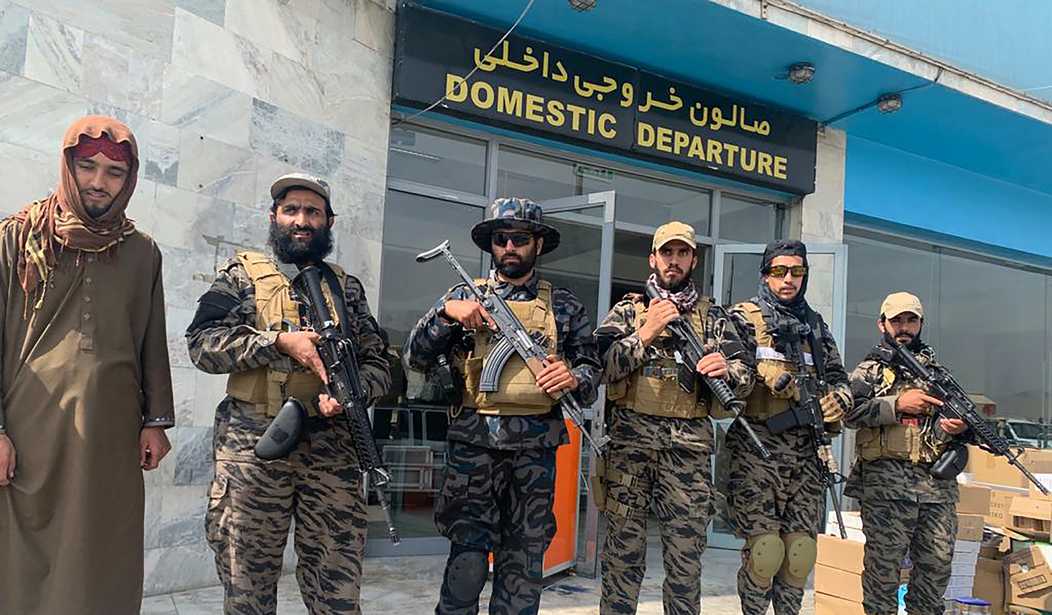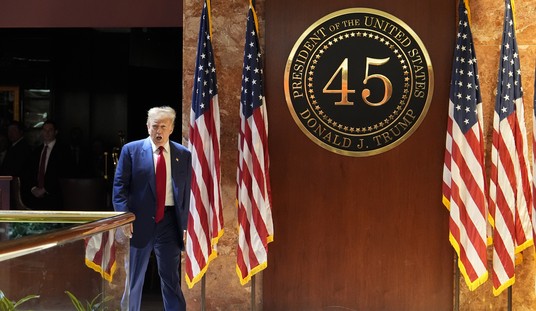At a meeting in Tokyo on Sept. 8, Japanese Foreign Minister Yoshimasa Hayashi told India's defense and foreign ministers that there is "an increasing need" for their two countries to strengthen security cooperation.
Hayashi's immediate concern was a Russian and Chinese military exercise near the Kurile Islands. Japan regards the Kuriles as Japanese territory occupied by Russia.
Larger security worries reinforce Hayashi's declaration: China threatens Taiwan, North Korea tests ballistic missiles, Russia wages senseless war against Ukraine.
The Japan-India minister-level discussion followed a Quadrilateral Security Dialogue (the Quad) senior officials' meeting in New Delhi that ended Sept. 6.
Four background points provide context for these Quad back-and-forths. No. 1: The Quad consists of Australia, India, Japan and the U.S. Sometimes Singapore is a quiet quint but don't underestimate its strategic importance. Singapore controls the Strait of Malacca, which links the Indian and Pacific Oceans. No. 2: All Quad nations consider communist China to be a disruptive force in the Indo-Pacific region -- a point Japan made when it sponsored the Quad's first informal meeting in 2007. No. 3: Quad nations hold military and planning exercises. That noted, (No. 4) India remains very reluctant, suspicious of a formal military alliance with the U.S., despite its longstanding military relationships with Australia and Singapore.
Label this Point No. 5: Some critics argue all the Dialoguers seem to do is talk.
The U.S., Australia and India speak English. They get the stinging pun. Many Japanese speak English, but credit Tokyo for advocating deeds beyond word games. For 15 years the Japanese have sought coordinated diplomatic, political and economic action by a four-nation military alliance that would put strategic brakes on Beijing.
Recommended
October 2022: India prefers "practical cooperation" among the Quad. Not bad per se, but that tends to devolve to fatuous diplo-speak like "cooperation to realize the shared vision of a free and open Indo-Pacific."
Yes, a worthy goal. But securing a free and open Indo-Pacific means confronting Chinese and Russian military adventurism, Chinese economic-cultural hegemonism and Russian energy extortion.
Informed readers will know an Indian military contingent participated in a recent Russian multinational military exercise held in eastern Russia. We live in a complicated, entwined world. Russia remains India's biggest military weapons supplier, though informed observers bet the wretched performance of Russian weapons in Ukraine will convince India it needs reliable weapons manufacturers -- say France, Turkey, South Korea, Japan, even the U.S.
The day Hayashi called for increased cooperation, India's finance minister told Reuters that imported Russian oil played a key role in India's "inflation-management strategy." Russia now provides some 13% of India's imported petroleum.
Yet New Delhi knows the Sino-Indian War of 1962 really isn't over. In a figuratively and literally frozen war, armed Chinese and Indian soldiers confront one another in two Himalayan sectors. India's Himalayan disputes with China profoundly shape Indian perception.
As late as November 2020 those perceptions guided India's Quad participation. That month India held its annual Malabar fleet maneuvers and India's diplomatic preparations indicated Malabar 2020 was designed to send a message.
In October, India's Department of Defense made certain that everyone knew that, for the first time in 13 years, Australian warships would participate in the Malabar exercise -- along with India, Japan and the U.S.
Indian officials unflinchingly call it a "quadrilateral exercise" that demonstrates "high-levels of synergy and coordination" among Quad navies. Indian media report that exercise scenarios reflect the mutual goal of countering increased Chinese aggression in the Indo-Pacific region.
By word and deed, it appeared the Quad had become a functioning military coalition, with India as a committed member.
What changed India's mind circa 2022? The Biden administration's Afghanistan debacle horrified India. India made a major diplomatic, economic and political commitment to stabilizing Afghanistan. When Biden ran away and America suffered a defeat, India also suffered a defeat.
Review Point No. 4. After Biden's Afghanistan Disaster, India has good reasons to distrust U.S. military commitments.

























Join the conversation as a VIP Member